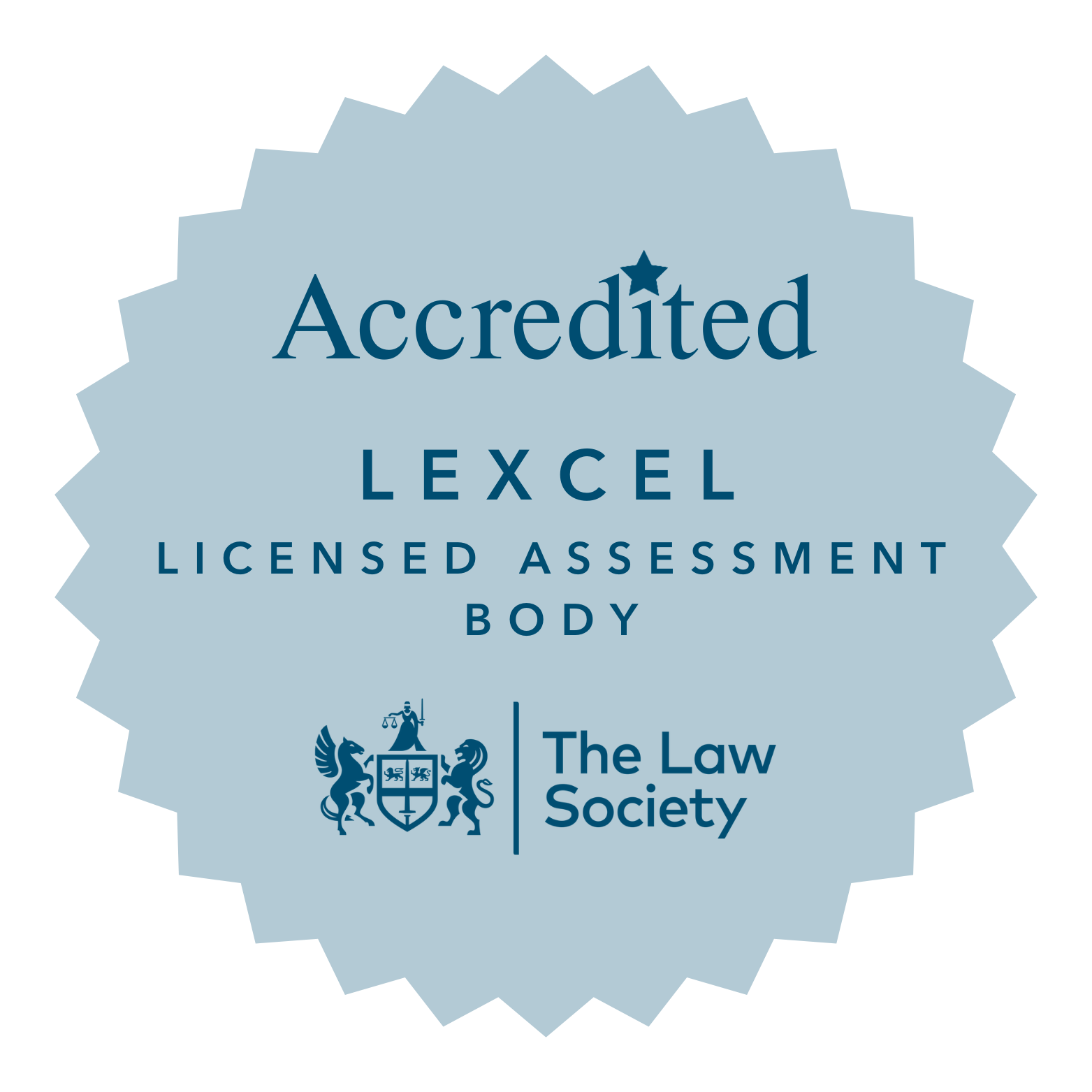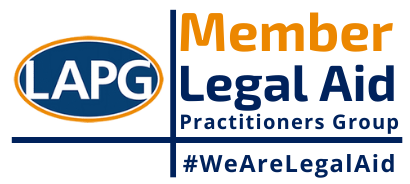Changes to S. 135 and 136 of the Mental Health Act 1983
Changes to sections 135 and 136 of the Mental Health Act 1983 will come into effect on 11 December 2017.
Until then the act is as follows:
S. 135 Mental Health Act 1983 – Removal from a private place to a place of safety
The Mental Health Act is the law which professionals use.
Under section 135 of the Act, Mental Health Professionals can ask a Judge to grant them a section 135 warrant for permission to allow them to come into a private place such as your home. Once they are in your home, they can take you to a place of safety, such as a hospital or a police station to assess you and decide whether you need to be sectioned. This can only be done if they think you are suffering from a mental illness and are in need of care.
S. 135 also allows the police to come into your home if they have reason to believe you are mentally unwell and need to be cared for, even if you do not give them permission to. The police will take you to a place of safety, such a hospital or a police station to be assessed by a professional.
Doctors can keep you on this section for up to 72 hours. During the 72 hours, mental health professionals may do a Mental Health Act assessment with you. They may decide you are well enough to go back home, or they may decide you require treatment in hospital. If they decide you need treatment in hospital, they may section you under the Mental Health Act.
You cannot be forced to take medication or have any other treatment while under section 135.
You have rights under this section and you are entitled to legal advice.
S. 136 of the Mental Health Act 1983 – removal from a public place to a place of safety:
Under this section, the police have the power to remove you from a public place and take you to a place of safety if they have reason to think you have a mental illness and are in need of care. This could be because of your behaviour in public; the police do not need medical evidence to take you to a place of safety.
The police cannot remove you from a private place under this section.
What is a place of safety?
The police should try and take you to a healthcare setting such as a psychiatric hospital or the Accident and Emergency part of a hospital. If they are unable to take you to a hospital, perhaps because the hospital has no space, they are permitted to take you to a police station. This is not because you have done something wrong – the police will take you there in the interests of your own health and safety or for the health and safety of others. The police will then arrange for you to be seen and assessed by a healthcare professional.
Changes to S. 135 and 136 of the Mental Health Act:
From 11 December 2017, the following changes to these sections will be implemented:
1. Section 136 powers may be exercised anywhere other than in a private dwelling.
2. It will be unlawful to use a police station as a place of safety for anyone under the age of 18 in any circumstances.
3. A police station can only be used as a place of safety for adults in specific circumstances, which are set out in regulations.
4. The previous maximum detention period of up to 72 hours will be reduced to 24 hours (unless a doctor certifies that an extension of up to 12 hours is necessary).
5. Before exercising a section 136 power police officers must, where practicable, consult a health professional.
6. Where a section 135 warrant has been executed, a person may be kept at their home for the purposes of an assessment rather than being removed to another place of safety. This means that someone’s home will be able to be used as a place of safety for sections 135 and section 136
7. A new search power will allow police officers to search persons subject to section 135 or 136 powers for protective purposes.
If you require advice or assistance in relation to the Mental Health Act, please feel free to contact the Mental Health Department on 0207 976 2233.
By Chanelle Dadral
Paralegal to Tracy Chester


